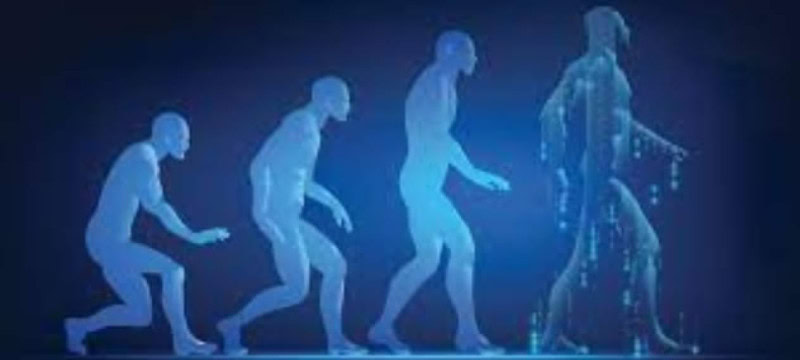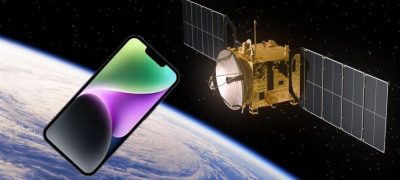A large group of AI specialists has issued a brief statement informing the public of “the risk of extinction from AI.” Imagine a CEO who buys an AI assistant. There are numerous possible ways that AIs might pose major hazards to humans, and the specific nature of those risks is still up for dispute. They start out by assigning it easy, beginner-level tasks like composing emails and making suggestions for purchases. Over time, as the AI develops, it gradually outperforms their personnel in these areas. Therefore, the AI is “promoted.” It no longer has to filter emails since it is in complete control of the inbox. Eventually, it’s permitted to access bank accounts and make purchases automatically rather than just proposing them.
The CEO first keeps a close eye on the job, but as time passes without a mistake, the AI is given less supervision and greater autonomy for efficiency’s sake. The CEO thinks that since the AI is so proficient at these jobs, it ought to be given a wider variety of more open-ended responsibilities, such as “plan a new marketing campaign,” “design the next model in a product line,” or “exploit security flaws in a competitor’s computer systems.” The CEO is further encouraged to give the AI greater authority and less control after noticing how firms using AIs less liberally are losing ground. Businesses who fight against these tendencies have little hope. Finally, even the CEO’s position becomes primarily symbolic.
ALSO READ: The ‘Sun engine’ of the 20th century was abandoned.
Humanity discovers too late that it has lost control of the economy, which is managed by autonomous AI businesses. Nations as well as businesses will be subject to the same competitive forces. AIs will have more power over the most socially significant decisions as their autonomy grows. If this occurs, the nature of these AI agents will have a significant impact on our future.
The good news is that we can influence how things turn out. Unfortunately, Darwin’s laws apply as well. Natural selection may be viewed as a biological process, but its principles are applied to a wide range of fields, including economics and technology.
Richard Lewontin, an evolutionary biologist, postulated that natural selection will take hold in any environment if three things are true: 1) individuals differ from one another, 2) traits are passed down through generations, and 3) the fittest variants spread more successfully.









